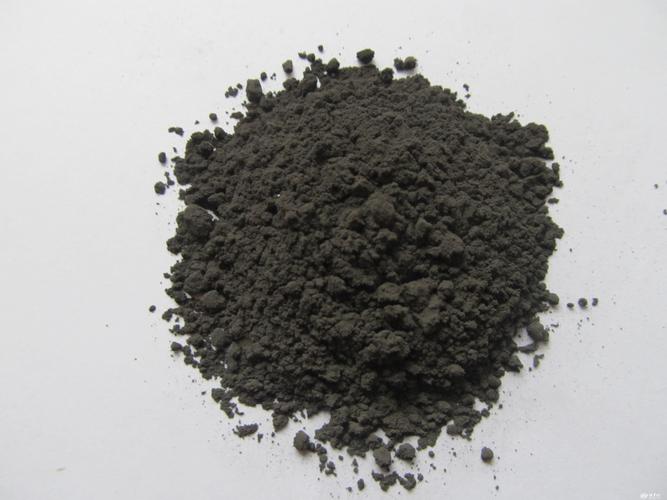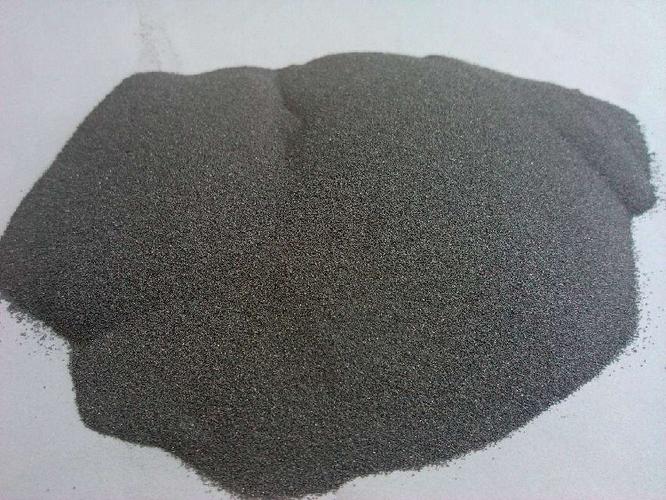**Is Your Protein Powder Hiding a Metallic Secret?**
(Protein Powders Have Metals?)
You grab your shaker bottle, mix in a scoop of protein powder, and chug it down after a workout. It’s quick, easy, and fuels your muscles. But what if that smooth vanilla or chocolate flavor is hiding something less tasty—like metals?
Protein powders are everywhere. Gym bags, kitchen cabinets, office desks. They promise muscle growth, recovery, and convenience. Recent studies show some brands might also deliver unwanted extras. Think lead, arsenic, cadmium. These metals sound like they belong in a factory, not your post-workout shake.
How do metals end up in protein powder? Plants used to make powders—like soy, rice, or peas—grow in soil. Soil can contain metals from pollution, farming chemicals, or natural deposits. Plants absorb these metals. Processing them into protein powder doesn’t magically remove the contaminants. Some manufacturing equipment might even add traces of metals during production.
You might wonder—are these metals really a problem? Small amounts exist in many foods. Spinach, carrots, even baby food have traces. Your body handles tiny doses fine. The trouble starts with regular exposure. Heavy metals build up over time. Lead can harm the nervous system. Arsenic links to skin issues and cancer. Cadmium hurts kidneys. Protein powder fans might sip these metals daily for years.
Not all protein powders are guilty. Independent labs test products for safety. Some brands pass with flying colors. Others fail. A 2018 study found several plant-based powders had higher metal levels than whey-based ones. Rice protein stood out for arsenic. Hemp protein sometimes carried cadmium. The source matters.
What can you do? Check labels. Look for third-party certifications like NSF or Informed Sport. These mean the product passed tests for contaminants. Reach out to brands. Ask for heavy metal test results. If they hesitate, that’s a red flag.
Price doesn’t always equal purity. Expensive powders can have metals. Cheap ones might be clean. Research beats assumptions. Online forums, customer reviews, and lab reports help.
Stick to recommended servings. Overdoing protein powder ups your metal intake. Most people don’t need more than one or two scoops daily. Food-first protein sources—like chicken, eggs, or lentils—don’t come with metal risks.
The industry isn’t ignoring this. Some companies now source ingredients from low-metal regions. Others invest in better testing. Progress is slow. Regulations for protein powders are lax compared to medicines or baby food.
Don’t panic. Knowledge is power. You don’t need to ditch protein powder. Just be picky. Your health matters as much as your gains.
(Protein Powders Have Metals?)
Next time you buy a tub, think beyond the flavor and macros. Peek at the testing details. Your muscles deserve clean fuel. Metal-free gains are the best gains.
Inquiry us
if you want to want to know more, please feel free to contact us. (nanotrun@yahoo.com)


